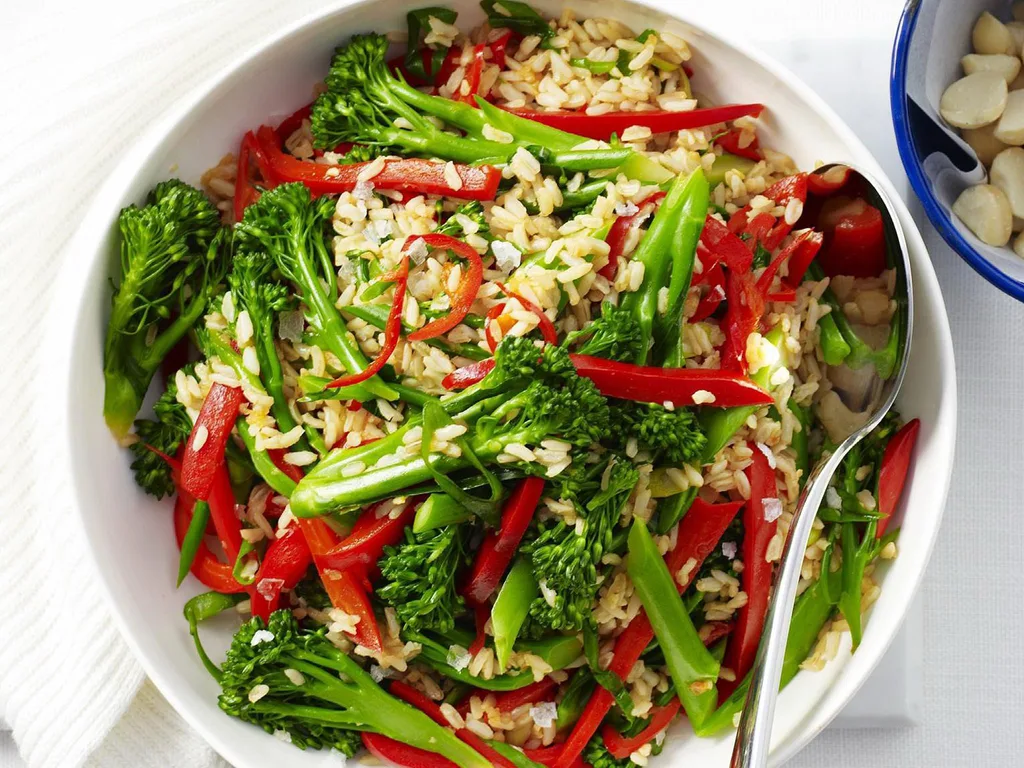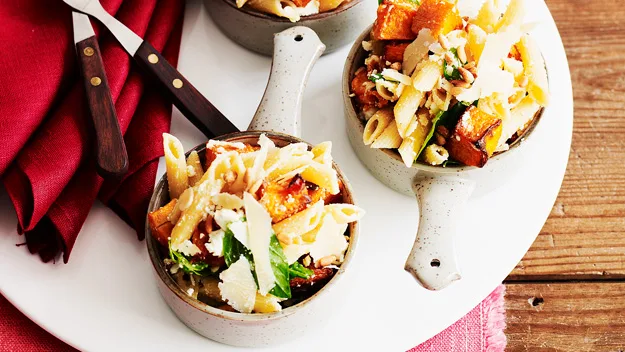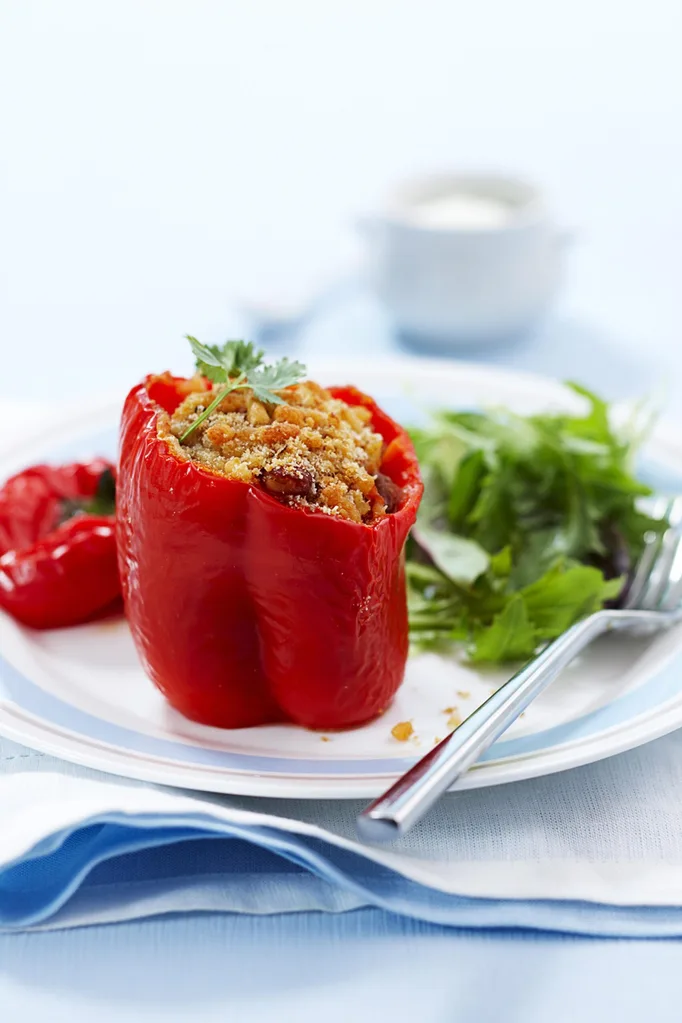Mums-to-be across the country, prepare to send your tastebuds into salivation overdrive.
Scientists – yes, scientists – presented to the Society for Maternal-Fetal Medicine to inform them that they have discovered that eating chocolate daily during pregnancy could improve an unborn baby’s over health, which includes a “positive impact on [the] placenta and fetal growth”.
Reaches for Lindt 70% Dark Chocolate…
What women can and can’t eat during pregnancy can sometimes become a controversial topic (no to soft varieties like goat’s cheese, yes to hard, cooked kinds like cheddar), which is why we’ve rounded up a list of foods you can eat and enjoy – just like you would that second (or sixth) piece of dark chocolate…
Broccoli, spinach and Brussels sprouts
These three greens have one thing in common that all pregnant women will benefit from: they’re loaded with folate. Consuming this vital B vitamin during pregnancy, and even if you’re yet to conceive but are trying for a baby, will help to prevent neural cord defects down the track.
Get more broccoli into your system by cooking a broccollini, brown rice and sesame stir-fry to any meal.

Nuts and cereals
During pregnancy, women need between 9mg and 11mg of zinc a day to accommodate the rapid cell growth occurring in their bodies.
While great sources of zinc include red meat and fish, nuts and cereals also possess powerful amounts of this mineral. Add some pine nuts to a vegetarian pasta, or eat 30g of your favourite nut each day, to reach your daily zinc limit.

Red meat, leafy greens and legumes
When a woman is pregnant, it’s not uncommon for her iron levels to deplete; low-iron stores have been associated with premature births and low birth weight, so stocking up on iron-rich foods is a must.
Eat meals that include red meat, leafy greens and legumes, then team them up with vitamin C-loaded foods (think red capsicum, strawberries and kiwifruit) to help aid your body’s iron absorption.

If you are looking to change your diet at any time – regardless if you’re pregnant or not – always consult your GP or dietitian first.



